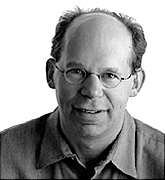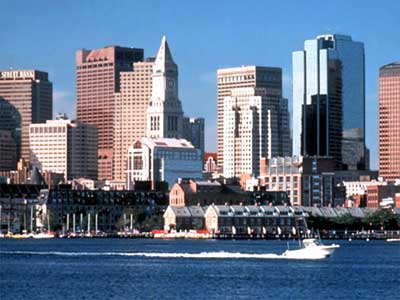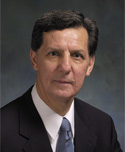On Saturday I posted a list I had come across of some of Alex Kotlowitz’s favorite non-fiction books, circa 2003.
Here are the rest of the books on the list, along with his short comments. Again I will star the ones that I have read.
|
Turning Stones by Mark Parent The personal story of a former worker with a child abuse agency.
A Hole in the Heart of the World by Jonathan Kaufman Five tales of Jews in Eastern Europe after the second world war.
Death at an Early Age* by Jonathan Kozol Kozol’s first book, an account of his year teaching in a Boston high school.
Homicide* by David Simon A year with a group of homicide detectives in Baltimore. (The TV show is loosely based on the book.)
The Power Broker by Robert Caro The biography of Robert Moses, the mega-developer. Parting the Waters* by Taylor Branch The best book out there on the civil rights movement; his second volume is due out next year. The Amateurs by David Halberstam A year with a group of rowers. The Promised Land* by Nicholas Lemann About the mass migration of blacks from the south to the north; and, recounts the successes and failures of the War on Poverty. Common Ground* by Anthony Lukas The bible for my generation of non-fiction writers; the story of the fight over bussing in Boston. Into Thin Air by Jon Krakauer Krakauer’s account of what happened on Everest. He was there on assignment from Outside Magazine. The Perfect Storm* by Sebastian Junger About a fishing boat that goes down off the coast of Nova Scotia. Working by Studs Terkel This is the book that most defines Terkel. If you like this, look at his other oral histories. They’ll teach you a lot about listening. Which Side Are You On by Tom Geoghegan A personal essay on the state of the union movement. The Teamsters by Steven Brill Written two decades ago, still relevant today. Let Us Now Praise Famous Men by James Agee and Walker Evans Written in the 1940s about rural poverty. Essential reading for anyone interested in non-fiction writing. When it was published it flopped. But when it was reissued in 1960, it became a classic. In Cold Blood *by Truman Capote About a murder in a small Kansas town. Nobody can write like Capote. The Right Stuff by Tom Wolfe About the original astronauts. The Broken Cord by Michael Dorris The personal account of the author’s adopted son; he suffered from fetal alcohol syndrome. A Civil Action* by Jonathan Harr A lawyer takes on a big corporation which contaminated the water in a small Massachussetts town. Riveting. The author worked on this book for ten years. Unspeakable Acts, Ordinary People by John Conroy Recounts three tales of torture, and how it is democratic societies can so easily turn their heads to such barbarity. Isaac’s Storm by Erik Larson A tale of a devestating turn-of-the-century hurricane, and the hubris of the nation’s then-most respected weather forecasters.
|



